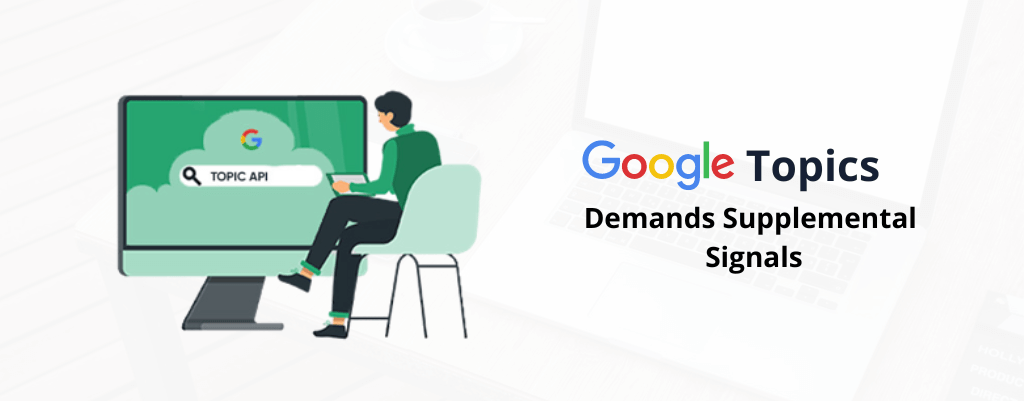Google Topics Demands Supplemental Signals to Succeed in the Longer Run
PUBLISH DATE: 29 August 2022
As we move forward in the next phase of digital advertising, privacy has become something that cannot be compromised. So, with the user’s privacy in mind, Google has launched Topics API, a new solution to help the advertising industry in dealing with the loss of third-party cookies.
However, since the time of its launch, it has been welcomed with mixed reviews.
Google has long been known for its influence in the digital advertising industry. However, this is not always true.
Even if something is considered private, it cannot always be considered accurate. Google has even admitted on GitHub that “the mapping of sites to topics will not always be precise” and that “training data is imperfect” because it is generated by humans.
Google Topics has an overwhelming number of limitations on which some lights need to be shed. What exactly are they? Read the pointers given below.
- The solution is now being tested publicly, but “good enough” and “not always accurate” may prevent it from gaining the industry support needed to seal the deal and finalize the ban on third-party cookies.
- “Topics”: will only identify topics of interest based on user Chrome activity. Defining consumers’ interests in only five broad categories will provide superficial data and will not provide an accurate picture of what users are interested in both at work and in their personal lives.
- Topics are chosen based on sites visited by users, with each publisher site only representing up to three categories. This makes it difficult for a large news organization like USA Today, which covers a wide range of topics such as politics, business, sports, technology, and more, to accurately represent such publishers’ inventory and reader interests.
- Topics does not take into account consumer interests outside of Chrome, so there is no consideration for what the user does on connected TV or Safari.
- Marketers will have a very incomplete view of consumers’ interests if they do not understand the topics they read on their iPhones, making it difficult to reach them with relevant advertising. Also, this will also be a hindrance for advertising campaigns to drive sales, and performance campaigns to drive conversions.
The Need for Supplemental Signals
The Topics API in its current proposed state limits advertisers’ ability to precisely reach their target audience and lacks real-time optimization.
While Google Topics is a step forward in terms of consumer data privacy, this broad swath of interest-based targeting is a step back for advertisers who rely on precision in targeting to drive performance.
Advertisers should keep in mind that the Topics API is not a stand-alone tool or a substitute for cookies. Agencies should begin experimenting with various alternative solutions to pair with Topics from a variety of vendors to see what kind of performance they can achieve.
Now is the time to put first-party data or a contextual signal strategy to the test to supplement Topics API.
Topics could complement consumers’ digital profiles as marketers focus on building their first-party data infrastructure or contextual intelligence based on audience campaigns.
Summing up, as advertisers focus on building their first-party data infrastructure or contextual intelligence based on audience campaigns, Topics could prove to be a good supplement to the consumers’ digital profiles.







